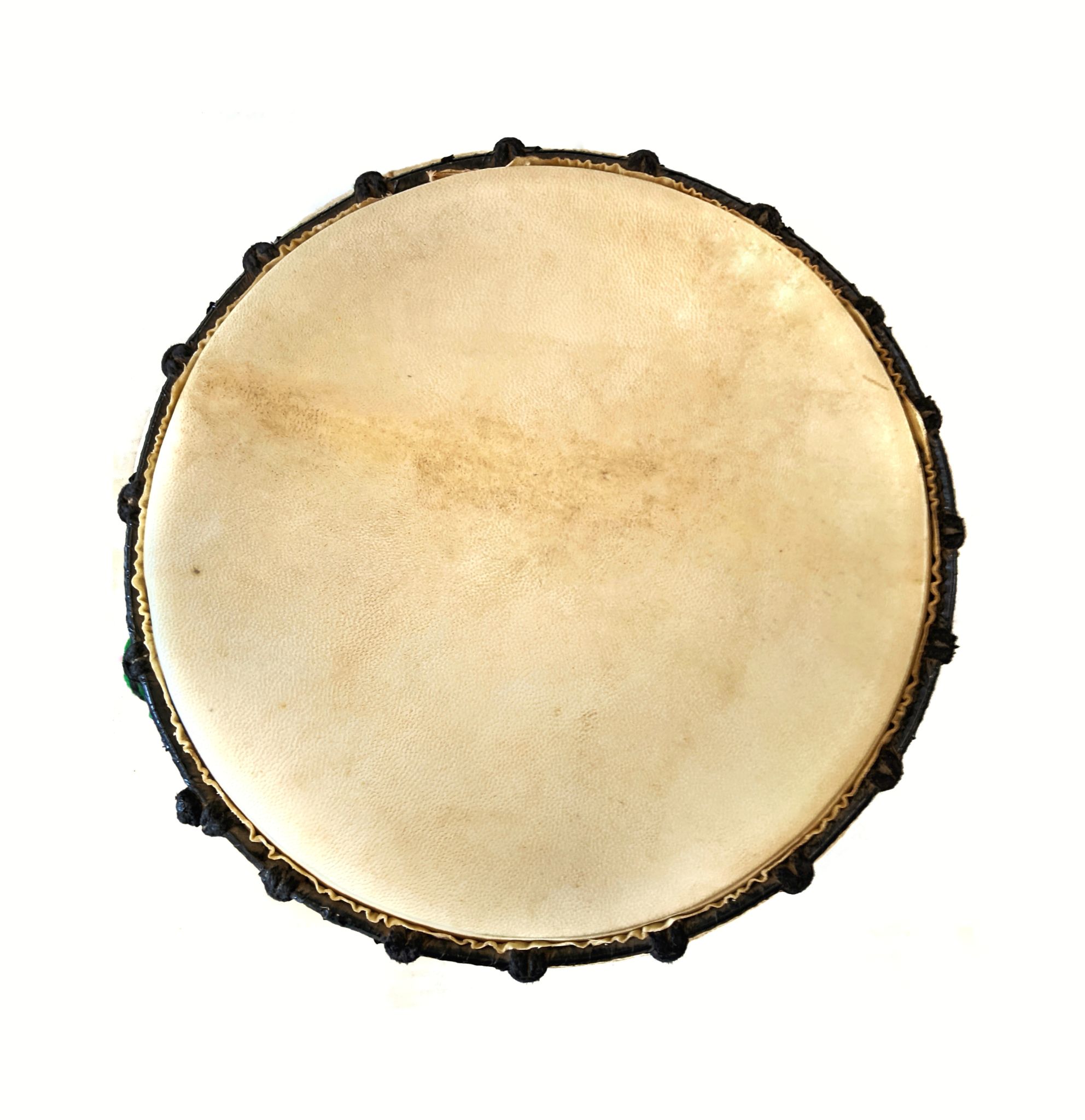Exploring the Rhythms: A Comprehensive Guide to Electronic Beats from Africa
The vibrant continent of Africa is renowned for its rich tapestry of musical traditions, with electronic beats emerging as a dynamic evolution of its musical heritage. African electronic music has been gaining global recognition, thanks to its unique blend of traditional rhythms and modern beats. In this guide, we delve into the diverse world of electronic beats from Africa, exploring the genres, key artists, and the cultural significance behind this evolving soundscape.

The Rise of Electronic Music in Africa
Electronic music in Africa has seen a remarkable rise over the past few decades. The genre's growth is fueled by technological advancements and increased access to digital music production tools. This has empowered a new generation of African artists to experiment with sounds, pushing the boundaries of traditional music and creating innovative tracks that resonate on both local and international platforms.
From the bustling streets of Lagos to the vibrant clubs of Johannesburg, electronic music has become a staple in the African music scene. This genre not only provides entertainment but also serves as a medium for social commentary, reflecting the realities and aspirations of African youth.
Genres and Influences
Africa's electronic music scene is a melting pot of diverse sounds and influences. Some prominent sub-genres include:
- Afro House: A fusion of traditional African rhythms with house music, creating a soulful and energetic sound.
- Kuduro: Originating from Angola, this genre combines African percussion with electronic beats, producing a fast-paced and infectious rhythm.
- Gqom: Emerging from South Africa, Gqom features deep basslines and minimalist beats, capturing the raw energy of dance floors.

Key Artists Shaping the Scene
African electronic music is propelled by a group of visionary artists who are shaping the genre's future. These musicians combine creativity with cultural heritage to craft sounds that captivate audiences worldwide. Some notable artists include:
- Black Coffee: A South African DJ and producer, Black Coffee is renowned for his deep house tracks that seamlessly blend African rhythms with electronic elements.
- Sarabi: Known for their fusion of electronic beats with traditional Kenyan music, Sarabi's sound is both innovative and deeply rooted in cultural expression.
- DJ Lag: A pioneer of Gqom music, DJ Lag's tracks are characterized by their intense energy and driving beats.
Cultural Impact and Global Reach
Electronic beats from Africa are more than just music; they are a cultural force driving change and sparking conversations. The genre provides a platform for African artists to share their stories and experiences with the world, fostering cross-cultural connections.

The international appeal of African electronic music is undeniable. Festivals and events across Europe, North America, and Asia have embraced these sounds, providing African artists with opportunities to perform on global stages. This growing recognition highlights the universal language of music and its power to transcend borders.
In conclusion, the exploration of electronic beats from Africa reveals a vibrant and evolving musical landscape. By blending traditional rhythms with modern technology, African artists are not only preserving their cultural heritage but also redefining it for future generations. As the world continues to tune in to these dynamic sounds, the future of African electronic music looks promising, filled with endless possibilities for creativity and innovation.